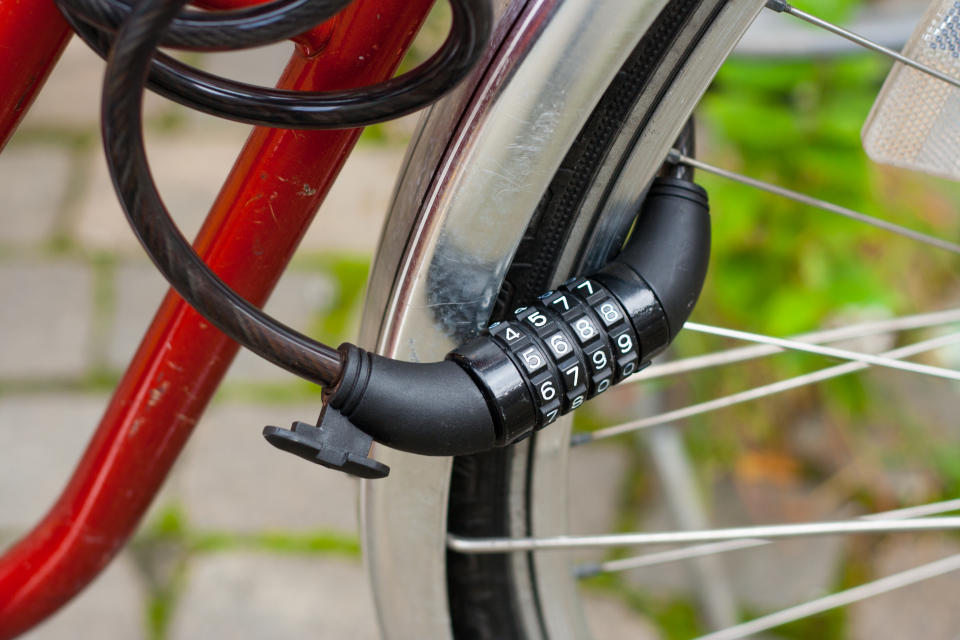COVID-19: Man admits to loanshark offences during circuit breaker

SINGAPORE — A man who harassed others on behalf of loansharks during the circuit breaker period admitted to his offences in court on Tuesday (2 June).
A reformative training report was called for Chua Jun Yong, 20, who is currently serving national service with the Singapore Armed Forces after enlisting on 2 April.
Chua pleaded guilty to a breach under the COVID-19 (Temporary Measures) Act 2020, two counts under the Moneylenders Act and one each under the Road Traffic Act and the Motor Vehicles (Third-Party Risks and Compensation) Act. Three similar charges were taken into consideration for sentencing.
According to Chua’s lawyer Ng Shi Yang, his client had turned to loansharks for the first time in March, in a “moment of desperation”.
“(Chua) fully supports himself financially. At the material time when he borrowed from the loanshark, he was working as a food deliveryman,” said Ng, who is from the Criminal Legal Aid Scheme fellowship.
“There was a slump in his earnings at that time. He therefore needed cash for his phone bill (which he relied on for work) and daily expenses...He did not expect the loanshark to turn on him, particularly when he had been making gradual repayments.”
When Chua met the unlicensed moneylender, known as ‘Jasper’, he initially took a loan of $800. However, he was unable to repay the instalment sums later. Jasper offered him work to harass other debtors and promised Chua to deduct $150 for each unit that was harassed.
Chua was required to take a photograph of the harassment and send it to Jasper as proof. He agreed to harass eight apartment units to settle his total outstanding loan amount of $1,200.
Chua rented a car for the acts of harassment. He did not have have a license or a valid insurance policy at the time. On 6 April, when he reached the locations, he would use a bicycle lock to lock the debtors’ gates and scribble on the wall with an indelible marker “O$P$” along with the alleged debtor’s name.
On 9 April, at around midnight, Chua left his house to harass another unit under Jasper’s instructions. By then, Singapore’s circuit breaker had been in force for two days. Chua had left his residence without reasonable excuse, thus breaching the circuit breaker regulations.
Mitigating for Chua, Ng turned to his client’s “pitiful upbringing”. Chua’s parents separated since he was three. His father brought him to Singapore, while his mother remained in Malaysia.
His father, a bankrupt, did “nothing to raise him” nor did he provide for Chua.
“Jun Yong was forced to support himself at 14 years old (i.e. 2013) when, during an argument with his uncle (who lived in the same house), his uncle beat him up until he bled from his nose,” said Ng.
Chua then left home for his safety and stayed with his maternal aunt. He worked as an office clerk, at a stall at a night market, and at a workshop as an apprentice.
In 2016, Chua was given reformative training for an undisclosed offence and three years later, he was fined $2,000 for affray.
When he was arrested for his current offences, he was chased out of the house and told not to return, said Ng. Chua now stays with a friend.
“This episode has also had a sobering and maturing effect on Jun Yong. This is owed in no small part to the media exposure Jun Yong has received, ironically, given the media’s interest in persons who breach circuit breaker regulations. Jun Yong is deeply embarrassed by the national attention on his actions.”
Chua will return to court on 9 June.
Stay in the know on-the-go: Join Yahoo Singapore's Telegram channel at http://t.me/YahooSingapore
More Singapore stories:
On The Mic: Family violence amid the COVID-19 pandemic (Part 1)
2 Don Don Donki outlets among 7 more places visited by COVID-19 cases
FAQ: Your guide to Phase 1 reopening of Singapore after COVID-19 circuit breaker
COVID-19: MOM draws up slew of measures for migrant workers to gradually resume work

